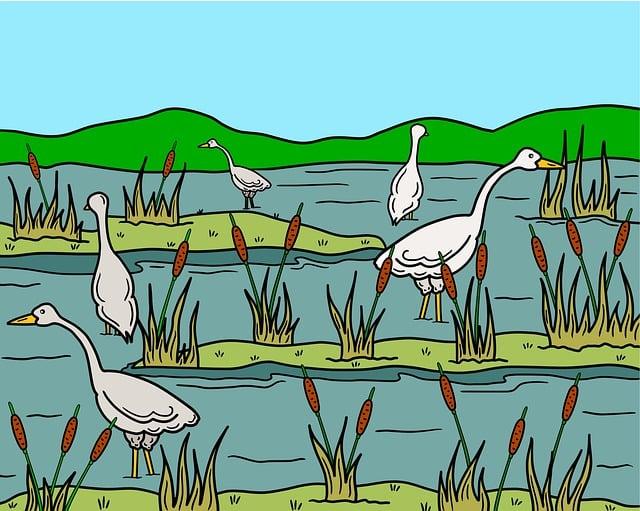Pakistan’s Coastal Ecosystems: Conservation and Management
Pakistan’s coastal ecosystems are vibrant and diverse, playing a crucial role in the ecological balance of the region. Spanning a 1,046 km coastline alongside the Arabian Sea, these ecosystems encompass mangroves, coral reefs, and estuaries, which are vital to both marine life and human communities. However, unsustainable practices and climate change threaten the health of these ecosystems. This article will delve into the importance of conserving and managing Pakistan’s coastal ecosystems, exploring current efforts, challenges, and solutions.
The Importance of Coastal Ecosystems in Pakistan
Coastal ecosystems serve as a buffer against coastal erosion, provide habitat for diverse marine species, and offer significant economic benefits through fisheries and tourism. Here are some of the essential roles they play:
- Biodiversity: Coastal ecosystems are home to an array of species, from fish to migratory birds, contributing to the overall biodiversity of Pakistan.
- Livelihoods: They support the livelihoods of thousands of families engaged in fishing and aquaculture.
- Natural Protection: Mangroves and coral reefs protect coastal areas from storms and erosion.
- Carbon Sequestration: Coastal ecosystems play a significant role in trapping carbon, helping mitigate climate change impacts.
Current Status of Pakistan’s Coastal Ecosystems
Pakistan’s coastal areas face numerous challenges, including pollution, overfishing, and habitat destruction. Key issues affecting these ecosystems include:
| Threat | Impact |
|---|---|
| Pollution | Contaminated waters affect marine life and human health. |
| Overfishing | Depletes fish populations, disrupting the aquatic food chain. |
| Climate Change | Rising sea levels and temperature changes threaten species integrity. |
| Urban Development | Habitat loss due to expanding cities and industry. |
Conservation Efforts in Pakistan
Several initiatives aim to conserve Pakistan’s coastal ecosystems:
1. Protected Areas
Establishing Marine Protected Areas (MPAs) has been a significant step in conserving marine biodiversity. Areas like the Hawksbay and Sandspit are now protected to preserve their unique ecosystems.
2. Community Involvement
Engaging local communities in conservation efforts fosters sustainable practices. Programs that educate fishers about sustainable fishing techniques have shown promising results.
3. Restoring Habitats
Efforts to restore mangroves along the coast have gained momentum, as these trees play a critical role in maintaining coastal health.
Benefits of Conservation
Effective conservation and management of coastal ecosystems offer numerous benefits, including:
- Enhanced Biodiversity: Conservation helps maintain varied species, leading to a robust ecosystem.
- Economic Growth: Sustainable fishing and eco-tourism can provide ongoing economic benefits.
- Resilience to Climate Change: Healthy ecosystems can better withstand climate impacts, safeguarding coastal communities.
Practical Tips for Supporting Coastal Conservation
Everyone can contribute to preserving these vital ecosystems. Here are some practical tips:
- Support or volunteer with conservation organizations working on coastal issues.
- Practice sustainable fishing and avoid overharvesting marine resources.
- Participate in beach clean-up events to prevent pollution.
- Educate others about the importance of coastal ecosystems and the need for conservation.
Case Studies: Success Stories
Several projects have successfully contributed to the conservation and management of Pakistan’s coastal ecosystems:
1. The Indus Delta Forest Rehabilitation Project
This initiative focuses on restoring mangrove forests in the Indus Delta, enhancing habitat for various species while providing coastal protection.
2. The Karachi Coastal Comprehensive Development Zone (KCCDZ)
Focusing on sustainable urban development, the KCCDZ promotes eco-friendly practices while enhancing local biodiversity through planned green spaces.
Conclusion
Pakistan’s coastal ecosystems are precious resources that require careful conservation and management. By addressing the threats through community involvement, education, and sustainable practices, we can protect these vibrant ecosystems for future generations. The journey towards conservation is a collective effort, and every individual has a role to play in safeguarding the natural heritage that our coastlines represent.



